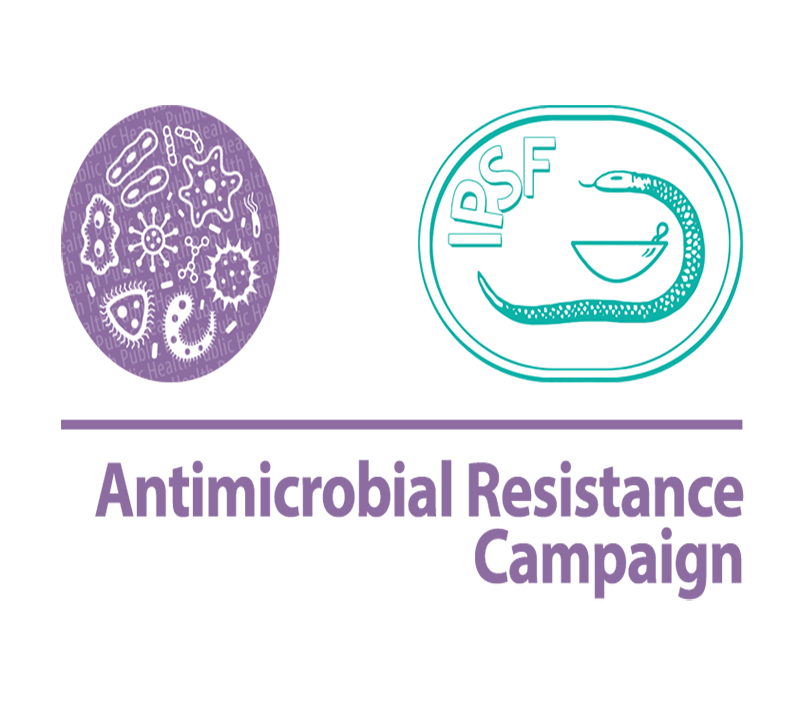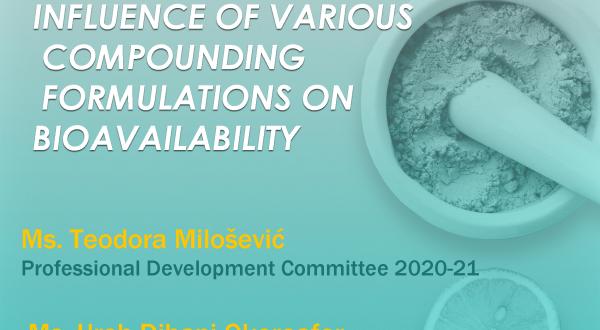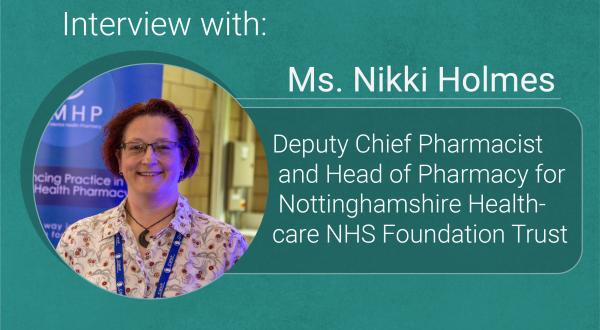
Turning Knowledge into Action for Antimicrobial Resistance Awareness Week
By Clara-Jessica Rances
"Antimicrobial resistance is a global health emergency that will seriously jeopardize progress in modern medicine." - Dr. Tedros Adhanom Ghebreyesus, Director-General of WHO
On the 6th of October 2017, the WHO announced its shipment of 1.2 million doses of antibiotics to Madagascar - a country currently in the throes of a plague outbreak. Fortunately, antibiotics can cure plague and prevent exposed persons from being infected. But what if these life-saving medications were no longer effective, especially in emergency situations like these? That is the horrifying threat posed by the spread of antimicrobial resistance. In addition, the WHO released a report on the 20th of September 2017, which revealed a significant lack of new antibiotics under development by the pharmaceutical industry. This is particularly concerning as there is now a need for more effective treatment options against infections, like drug-resistant tuberculosis and E. coli.
Now is the time to take action. As a pharmacy or pharmaceutical science student, YOU can advocate for the prevention and control of antimicrobial resistance. How? Here are some helpful tips from the WHO to help you make a positive impact.
-
Educate individuals in the general public to:
-
Only use antibiotics when prescribed by a certified healthcare provider.
-
Never demand antibiotics, especially if your healthcare provider says you don’t need them.
-
Always follow your healthcare provider advice when using antibiotics.
-
Never share or use leftover antibiotics.
-
Prevent infections by regularly washing hands, preparing food hygienically, avoiding close contact with sick people, practicing safer sex, and keeping vaccinations up to date.
-
-
Reach out to policy makers in your country and emphasize that you would like them to:
-
Ensure a robust national action plan to tackle antibiotic resistance is in place.
-
Improve surveillance of antibiotic-resistant infections.
-
Strengthen policies, programmes, and implementation of infection prevention and control measures.
-
Regulate and promote the appropriate use and disposal of quality medicines.
-
Make information available on the impact of antibiotic resistance.
-
-
Incorporate these actions in your everyday practice as a future healthcare provider:
-
Ensure your hands, instruments, and environment are clean to prevent infection.
-
Only prescribe and dispense antibiotics when appropriate, according to current guidelines.
-
Report antibiotic-resistant infections to surveillance teams.
-
Talk to your patients about how to take antibiotics correctly, antibiotic resistance and the dangers of misuse.
-
Talk to your patients about preventing infections.
-
-
As a future leader in the pharmaceutical industry, you can:
-
Invest in research and development of new antibiotics, vaccines, diagnostics and other tools.
-
This AMR Week, turn your knowledge into action by spreading awareness in your community. Together we can combat #AntimicrobialResistance!
#AMRawarenessweek #ThinkTwiceSeekAdvice #HandleWithCare #IPSFaware
For more information, check out the following resources:
-
WHO News Release: WHO provides 1.2 million antibiotics to fight plague in Madagascar
-
WHO News Release: The world is running out of antibiotics, WHO report confirms
The writer is the IPSF Public Health Advocacy Coordinator 2017/18. [email protected]



